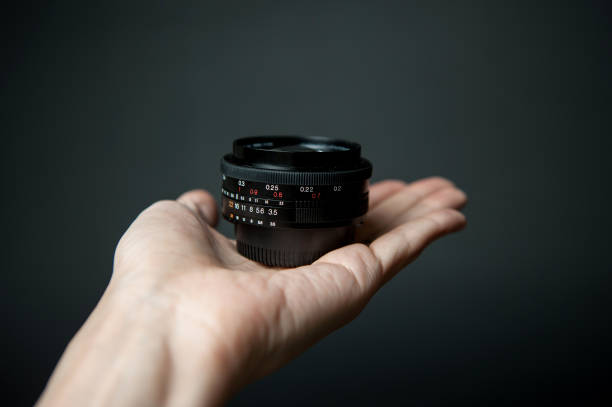Industrial cameras are equipped with specialized lenses designed for machine vision and other industrial imaging applications. The lens plays a critical role in capturing high-quality images and videos. Here’s an overview of how industrial camera lenses work and key factors to consider when selecting the right lens.
How Industrial Camera lenses Work
The lens focuses light onto the camera’s image sensor. It’s made up of multiple optical lens elements within a barrel enclosure. As light enters, it is refracted and directed onto the sensor. Key components of the lens include:
- Aperture – Controls amount of light entering the lens. Wider apertures allow more light.
- Focal length – Determines field of view and magnification. Shorter focal lengths provide a wider field of view.
- Lens elements – Made of optical glass or plastic. Designed to minimize optical aberrations and distortions.
- Barrel – Holds the lens elements in place and mounts to the camera. Often equipped with an iris to control aperture.
Proper pairing of the lens with the camera’s sensor is critical for optimal image quality. The lens must also be rugged enough for industrial environments.
Factors for Selecting the Right Industrial Camera Lens
Choosing the optimal lens is essential for your application. Here are key considerations:
- Camera’s frame rate – High speed cameras require lenses with larger apertures to capture more light at fast frame rates.
- Environment – Rugged, sealed lenses are needed for harsh plant conditions involving dust, moisture, vibration, etc.
- Sensor size – Lens image circle must cover sensor area. A lens made for a smaller sensor won’t work with a larger sensor.
- Focal length – Determines field of view and magnification. Fixed lenses limit flexibility but optimize image quality. Zoom lenses allow variable field of view.
- Lens aberrations – Higher quality lenses minimize distortions. Telecentric lenses provide images with minimal magnification changes.
- Close-up capability – Macro lenses are used when fine details must be resolved.
Types of Lenses for Industrial Cameras
- Fixed focal length – Optimized for image quality but no zooming capability.
- Zoom lenses – Adjustable field of view but more prone to distortions.
- Telecentric – Minimize perspective distortion for precision measurement.
- Macro – Provide high magnification for inspecting fine details.
- Specialty – Such as infrared or UV optimized.
Choosing the right lens for an industrial imaging system is crucial for achieving optimal performance. And there are various types of lenses available on the market, each with specific usefulness depending on the imaging application. After we understand how a lens will impact the light being captured and where a particular focal length will provide the best perspective, we can choose a suitable one for our production. While the perfect lens does not exist, there are many lenses that better suit particular use cases. To build the right vision system for any application, it is recommended to contact our experts for assistance.
